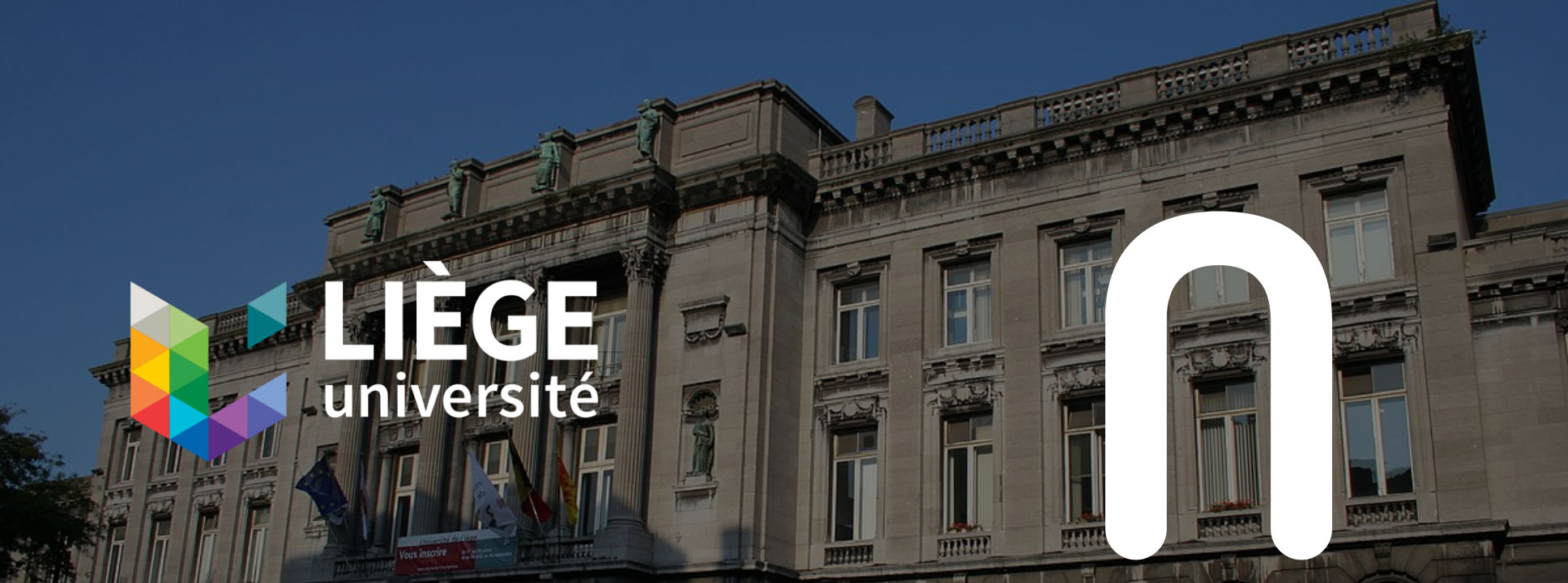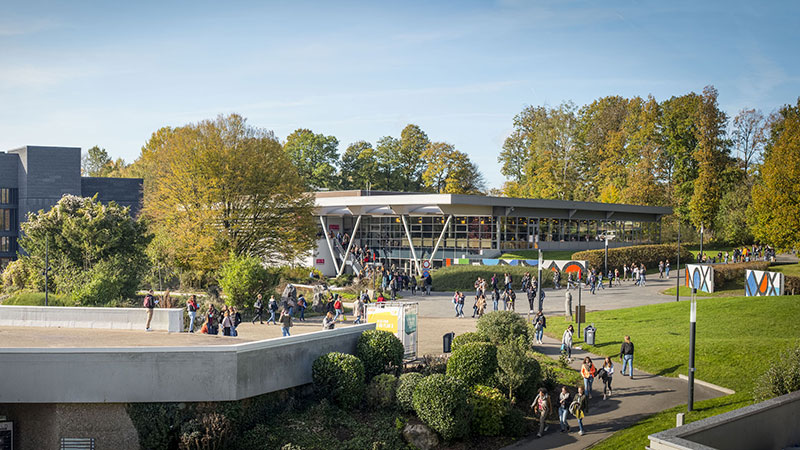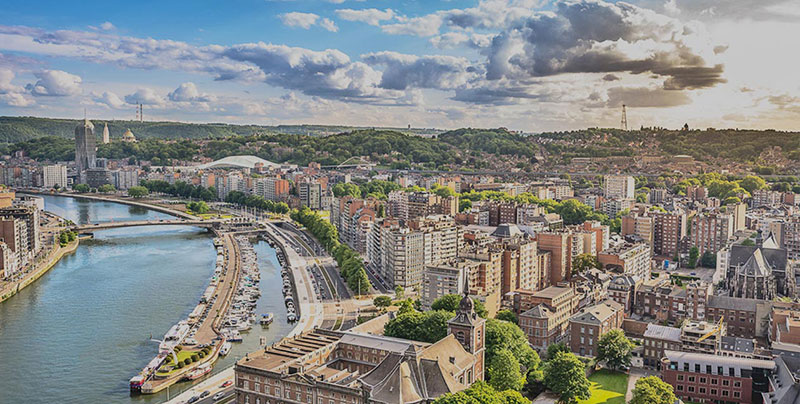The UNIC website uses cookies to improve your experience. Read our full Cookie Policy here.

The second-largest university in Wallonia, situated on the river Meuse, traces its roots back to the medieval prince-bishops of Liège.
22400
students
197300
inhabitants


The University of Liège participates in UNIC as it is in line with its important strategic aims to:
The topic of inclusion is challenging for all faculties of the University, and may become a great incentive to change, modernisation and digitalisation of ULiège.


The following key activities will contribute to the future of UNIC University:
The role and responsibility of the university in UNIC CityLabs is connected with our commitment to society and because of our strong ties with the City of Liège which include the creation of the “Maison des Sciences de l’Homme”, organizing debates and events on society topics and concerns. In the CityLabs, creativity and entrepreneurship are fostered by the “Liège Creative” initiative, giving room to dialogue between humanities and sciences. Modernisation of the University will be effective by digitalisation, but also by the “management of change”:
In addition, the University of Liège is experienced as a socially responsible university to address science-societal issues in meeting between academics, researchers, practitioners and civil society actors by supporting citizen initiatives carried out by ULiège researchers. The University of Liège relies on their experience with bringing companies and entrepreneurial expertise into the university (VentureLab), bringing entrepreneurs and the creative sector together (Liège Creative) and uniting the city and social sciences (Maison de Science de l’Homme).
